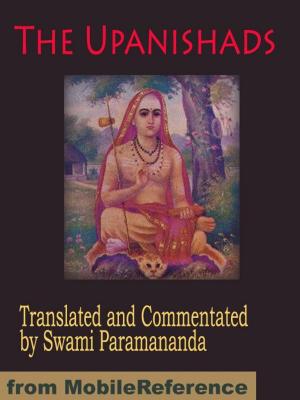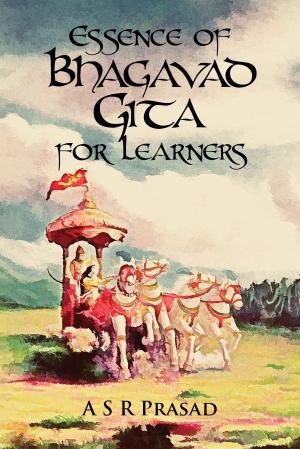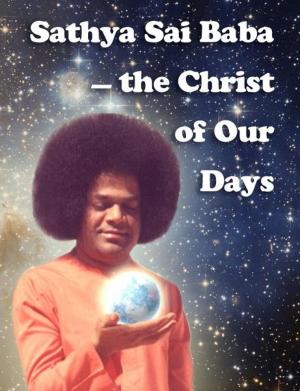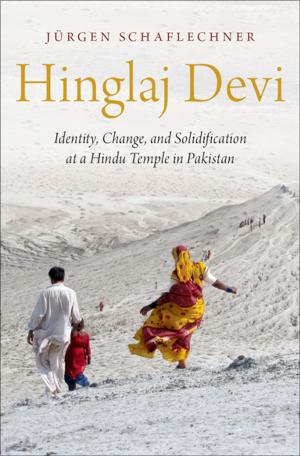Srimad Bhagavadgita
A Treatise on Counselling: A Psychological Study
Nonfiction, Religion & Spirituality, Reference, Psychology of Religion, Health & Well Being, Psychology, Counselling, Eastern Religions, Hinduism| Author: | K. Ramakrishna Rao | ISBN: | 9788124609767 |
| Publisher: | D.K. Printworld | Publication: | January 30, 2019 |
| Imprint: | D.K. Printworld | Language: | English |
| Author: | K. Ramakrishna Rao |
| ISBN: | 9788124609767 |
| Publisher: | D.K. Printworld |
| Publication: | January 30, 2019 |
| Imprint: | D.K. Printworld |
| Language: | English |
The Srimad Bhagavad Gita is an epic story of the battle between good and evil, and the psychological hurdles one faces in such a battle, in addition to the physical hardships one has to endure. The former are more difficult to handle. The Gita is a treatise on celestial counselling that Arjuna needed in the midst of his battle with the evil forces that happened to be a part of his larger family. It is an illustration that man is a composite of good and evil. His goal is to overcome evil and promote the divine within. There is much in the Gita that counsellors in various fields could learn for their benefit.
The Gita was a constant companion of Mahatma Gandhi who developed his concept of nonviolence and the strategy of satyagraha as effective instruments for conflict resolutions. Satyagraha was his way of resolving the manifest conflict between good and evil by synthesizing the two opposite by a dialectical process.
This book is a modest attempt to bring into focus the psychological implications and some of the lessons we could learn from this epic narrative that are as relevant to the troubled world today as they were then.
The Srimad Bhagavad Gita is an epic story of the battle between good and evil, and the psychological hurdles one faces in such a battle, in addition to the physical hardships one has to endure. The former are more difficult to handle. The Gita is a treatise on celestial counselling that Arjuna needed in the midst of his battle with the evil forces that happened to be a part of his larger family. It is an illustration that man is a composite of good and evil. His goal is to overcome evil and promote the divine within. There is much in the Gita that counsellors in various fields could learn for their benefit.
The Gita was a constant companion of Mahatma Gandhi who developed his concept of nonviolence and the strategy of satyagraha as effective instruments for conflict resolutions. Satyagraha was his way of resolving the manifest conflict between good and evil by synthesizing the two opposite by a dialectical process.
This book is a modest attempt to bring into focus the psychological implications and some of the lessons we could learn from this epic narrative that are as relevant to the troubled world today as they were then.















